Literary Fiction Book Tag
In a book blog/booktube cross pollination initiative (sounds very official!) headed up by Rachel and Claire, this is a tag that originated on booktube, now making the rounds in blogland. If you have pivoted to video, you may watch me blather on for 17 minutes here:
And for reference, the original version of this tag is by Jasmine’s Reads:
How do you define literary fiction?
This question is difficult because I don’t think literary fiction is a real thing. It’s somewhere between retail category, marketing tactic, and circular definition (literary fiction is fiction that is… literary?). While I’ve enjoyed watching/reading everyone’s answers, a lot of them amount to “I like literary fiction, so therefor, anything I like must be literary fiction, so here are the things I like” – we seem to make a preference into an identify (or vice versa?)
So all that said, to me, literary fiction is fiction (of any length!) that leaves plenty of room for interpretation, and (generally) leaves me feeling a sense of consolation- i.e. “sad but in a good way,” as I so eloquently put it in the video. The opportunities for interpretation are much more important than the emotional impact, though the emotional impact is much more important in my personal assessment of whether I “liked” a book or not.
I also gave some thought to whether/how classics can fit into a definition of literary fiction. I don’t think a classic is literary by default. If I look at the classics I’ve read deeply over the years (e.g the ones I’ve done read-alongs for), some of them seemed open to almost limitless interpretation – War and Peace and Moby-Dick in particular – while others seem much more rigid – A Tale of Two Cities and The Count of Monte Cristo in particular. The former were much easier to write about because you could use the text as a jumping off point to write about almost anything. The latter were more challenging because beyond the plot, there wasn’t much to say. It’s probably not a coincidence that A Tale & The Count were serialized and so more “commercial” from the beginning.
So for the rest of the tag, I’m going to talk a bit about classics, a bit about contemporary.
Name a literary fiction novel with a brilliant character study
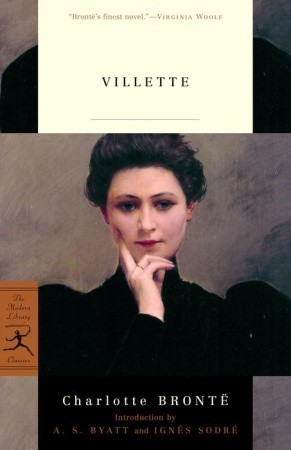
Villette by Charlotte Bronte. No contemporary example because no one’s come close!! I feel claustrophobic reading this novel, I get so close to Lucy…
Name a literary fiction novel that has experimental or unique writing
The Wake by Paul Kingsnorth wins because he invented a language. Go on with your stream of consciousness novels. As for Moby-Dick, I never, ever get tired of the Twitter bot that tweets out choice passages, because the writing is that weird and good.
Name a literary fiction novel with an interesting structure
A frame narrative? Groundbreaking. Well, it kind of is, in Wuthering Heights! Every time I read it (which is often) I forget how big that frame is, and how many of them there are. And Bina by Anakana Schofield is written as a series of warning scribbled on the backs of receipts by a woman who’s taken to her bed because she’s had enough.
Name a literary fiction novel that explores social themes
I have never seen the fin de siècle malaise portrayed as well as in My Year of Rest and Relaxation. Is that a social theme? Cecilia has to deal with a lot too, in an early feminist novel that predates and inspired Jane Austen et al.
Name a literary fiction novel that explores the human condition
Um, all of them? DFW said ” Fiction’s about what it is to be a fucking human being” so that fits. Days Without End is also about human beings (look it’s just really good and I wanted to shoehorn it in somewhere).
Name a brilliant literary-hybrid genre novel
Olga Tokarczuk calls Flights a “constellation novel” while Tolstoy said that War and Peace is “not a novel, even less is it a poem, and still less an historical chronicle. War and Peace is what the author wished and was able to express in the form in which it is expressed.” To me, they mix non fiction and literary fiction in intriguing ways.
What genre do you wish was mixed with literary fiction more?
I’ve already talked about my need for more literary smut, so I’ll say, more of the nonfic/litfic hybrid I identified above.
Here are other versions of this tag you should watch/read immediately:
- Another Book Vlog
- What Page Are You On
- Eric Karl Anderson (aka Lonesome Reader)
- Marc Nash
- Beth Chats Books
- Steve Donoghue (cw: rants, upper middle class Connecticut divorce)
- Callum McLaughlin
- Laura Tisdall

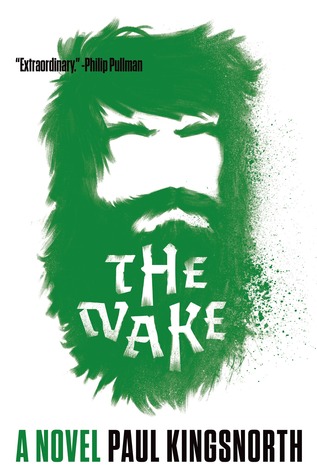



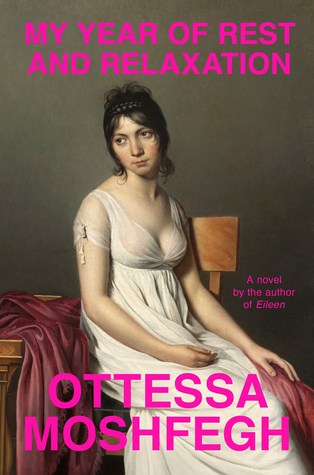
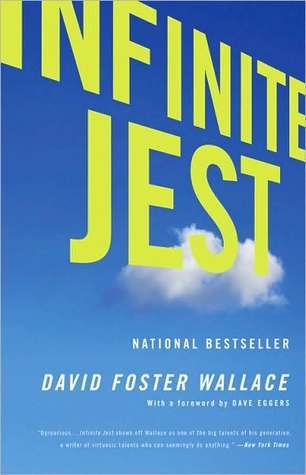
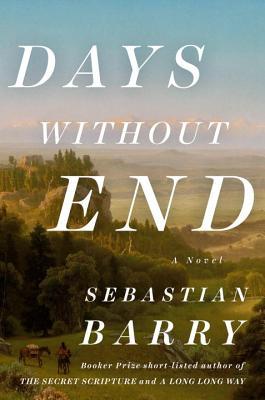


What’s up, yup this article is truly good and I have learned lot
of things from it on the topic of blogging. thanks.
I love this tag, it’s so much fun! Also I get to discover a lot of books. I hadn’t thought of My Year of Rest and Relaxation as a literary book, but yes, I think you’re right. Gosh I need to re-read it, it was just so good.
And yes please, more literary smut in my life! (I’m now off to read your post)
That smut post was a lot of fun 🙂
The thing with me is that I like a lot of books that I wouldn’t class as literary fiction…
Villette is one of my favourite C19th novels and I’m equally obsessed with Lucy Snowe.
Yeah, same. I love me some chick lit. Marian Keyes, Sophie Kinsella…
Love Marian Keyes! My favourite is The Other Side of the Story.
I’ve been meaning to pick up My Year of Rest and Relaxation for ages; I really must get to it soon! I’m also very keen to try Olga Tokarczuk’s work.
Thank you so much for the shoutout!
Please do get to those, you won’t be sorry!
I am BUSTING to read Bina but it hasn’t been published here and there is no immediate move to. Gutted. I loved Martin Joseph. I might just have to make a trip to Canada to buy it 🙂
Emailed you…
I am so fascinated by this tag, mainly because i love hearing people’s definitions of literary fiction. Like you, I enjoy commercial fiction too, but whenever I talk about books and label them literary vs. commercial I feel so snobby. Your idea of literary being open to interpretation is a fabulous one! next time I’m on the radio struggling to define why a book is literary or not, I will use this example, and credit you!
Anne, I meant to tag you, please do this tag!
Oh lordy, I hardly ever do tags-but this one is very tempting…
I like that you included both classics and contemporary in your answers. This *is* an interesting tag because of it being pretty open to interpretation. And there’s so many possibilities! Bina fits in there so nicely.
All of Anakana’s stuff does. She’s right on the forefront of this. Though I have to say, I thought Bina was weaker than her other books (though still good and better than a lot of stuff out there!)
It’s a good option for readers who want to try her experimental style but are turned off by the subject of Martin John.
Good point. I was surprised not to see it long listed…
Me too!
You could definitely see your enthusiasm within the article you write.
The world hopes for even more passionate writers like you who aren’t afraid to say how they believe.
At all times follow your heart.